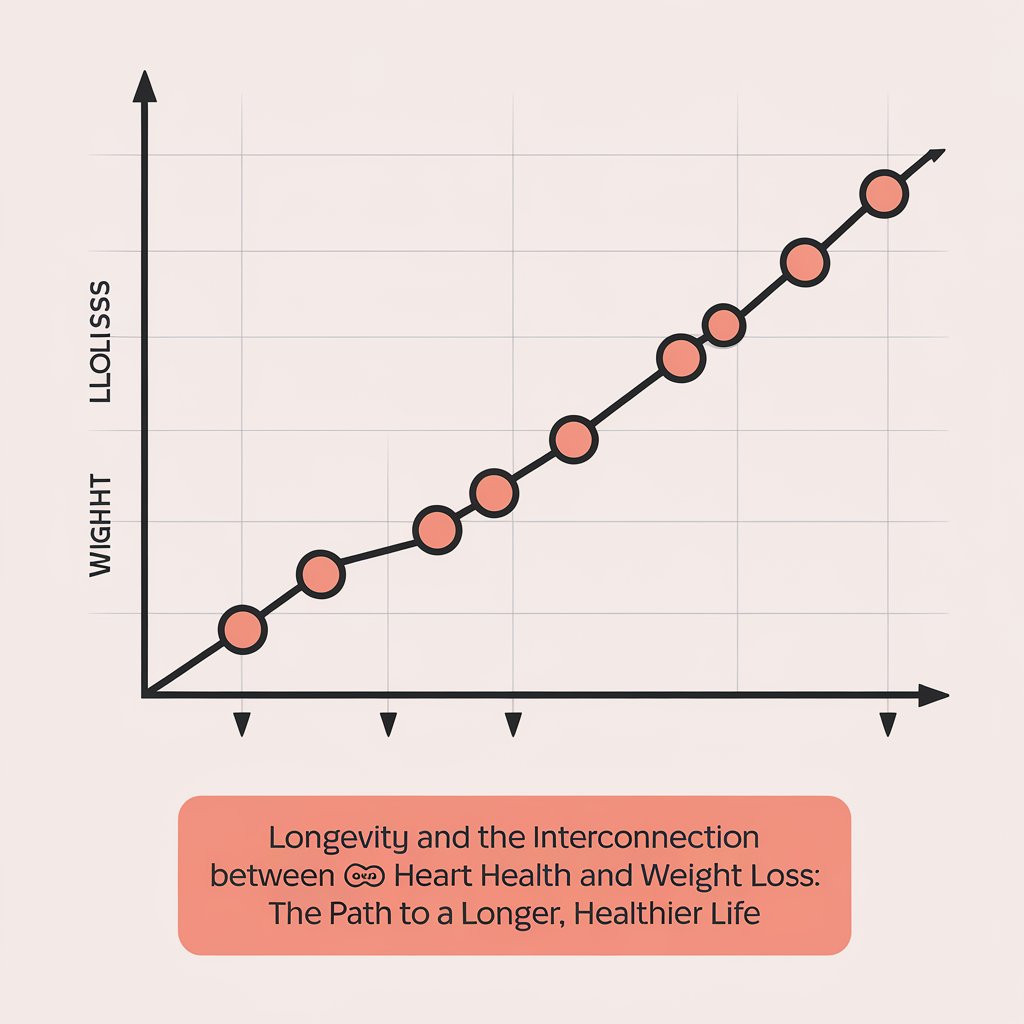Introduction:
Sugar, a beloved ingredient in our diets, has long been associated with its satisfying sweetness and ability to enhance our culinary experiences. However, a growing body of scientific evidence suggests that excessive consumption of sugar can have harmful effects on our health. In this immersive content, we explore the link between sugar and various medical conditions, highlighting the importance of reducing our sugar intake for the well-being of our body and mind.
- Sugar in a child’s brain is said to have ADHD:
Research suggests a possible correlation between high sugar intake during childhood and the development of attention deficit hyperactivity disorder (ADHD). Although further studies are needed to establish a definitive link, it is reasonable for parents to promote a balanced diet for their children, reducing excessive sugar consumption.
- Sugar in adults’ brain linked to dementia and Alzheimer’s:
Studies indicate that a diet high in sugar may increase the risk of developing dementia and Alzheimer’s disease in adults. Excessive sugar consumption can lead to insulin resistance, inflammation and oxidative stress, all of which have been linked to cognitive decline. Preferring a low-sugar diet and maintaining a healthy lifestyle can help reduce the risk of these conditions.
- Sugar in your eyes is called glaucoma:
High blood sugar levels, often associated with conditions such as diabetes, may contribute to the development and progression of glaucoma. Glaucoma is an eye disease characterized by increased pressure within the eye, leading to optic nerve damage and possible vision loss. Management of blood sugar levels through proper diet and medical intervention is important in preventing complications such as glaucoma.
- Sugar in your teeth is called a cavity:
Bacteria in our mouths thrive on sugar, breaking it down and producing acids that attack tooth enamel. Long-term exposure to high sugar levels can lead to tooth decay and cavities. Practicing good oral hygiene, including regular brushing, flossing and limiting sugar intake, can help prevent dental issues.
- Sugar on your skin is said to be aging:
Consuming excessive sugar may contribute to a process called glycation, where sugar molecules attach to proteins, including collagen and elastin, which are essential for maintaining youthful skin. This process can lead to the formation of advanced glycation end-products (AGEs), which have been linked to skin aging, wrinkling, and loss of elasticity. A balanced diet and skincare routine can help promote healthy, youthful-looking skin.
- Sugar in your sleep is said to cause insomnia:
Consuming sugary foods and beverages too close to bedtime can disrupt sleep patterns. High sugar intake can cause rapid spikes and drops in blood sugar levels, which can lead to difficulty falling asleep, frequent waking, and overall poor sleep quality. Establishing a bedtime routine that includes avoiding sugary snacks and promoting relaxation can aid in achieving restful sleep.
- Sugar in your blood is called diabetes:
Excessive sugar consumption, combined with other factors such as genetics and lifestyle, can lead to the development of type 2 diabetes. When we consume sugar, our bodies release insulin to help regulate blood sugar levels. Over time, a consistently high sugar intake can stress the insulin-producing cells in the pancreas, leading to insulin resistance and diabetes. Maintaining a healthy weight, engaging in regular physical activity, and eating a balanced diet are important factors in preventing and managing diabetes.
- Excess sugar in your body system is said to cause cancer:
While sugar itself does not directly cause cancer, a diet high in sugar and processed foods may contribute to obesity, inflammation and insulin resistance, which are risk factors for some types of cancer. By adopting a well-rounded diet rich in fruits, vegetables, whole grains and lean proteins, individuals can promote a healthy body weight and may reduce the risk of developing cancer.
Conclusion:
The impact of excessive sugar consumption on our health is far-reaching. By recognizing the potential consequences of sugar overload on our bodies and minds, we can make informed decisions about our dietary choices. Moderating sugar intake, practicing mindful eating, and prioritizing a balanced lifestyle are essential steps toward maintaining our overall well-being. So, let’s think before indulging in added sugar and make choices that foster a healthier future.
Video:
(like, share & Subscribe)
#health #care #science #behaviour #tech #future #life














